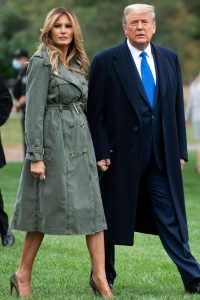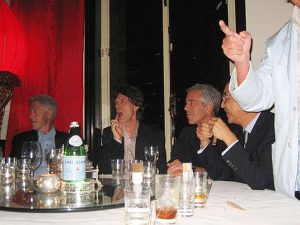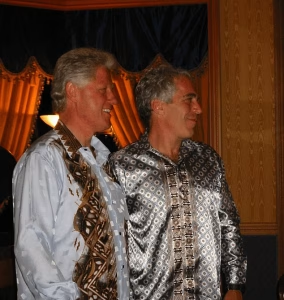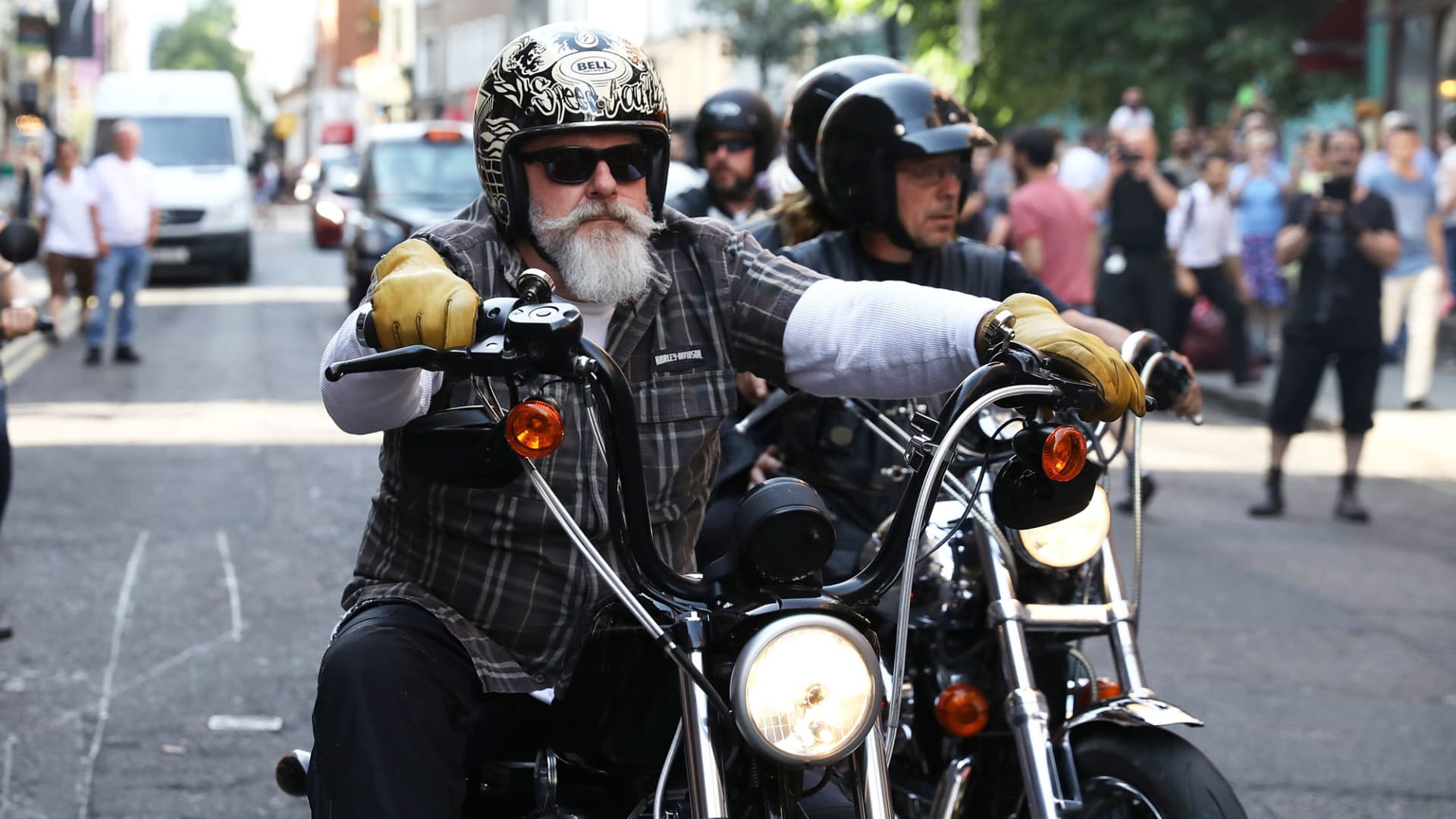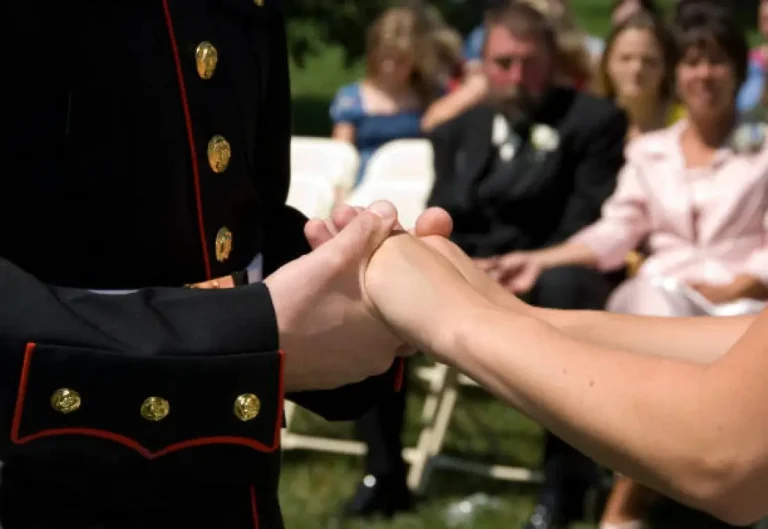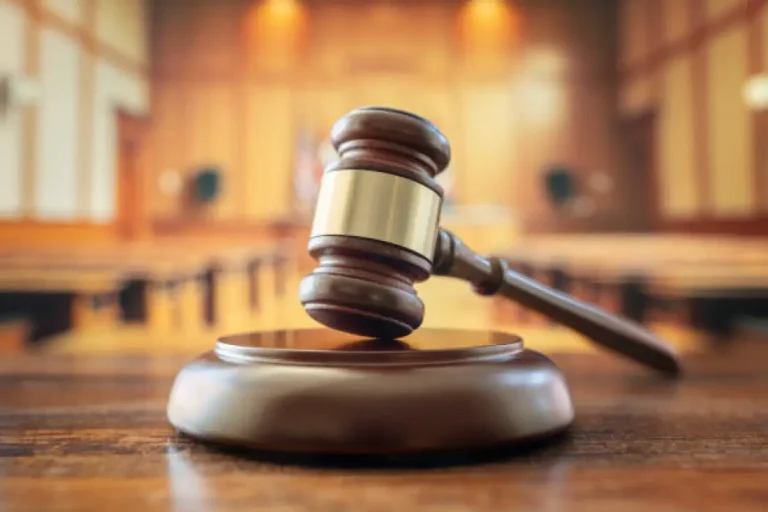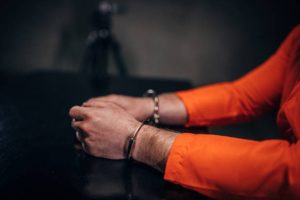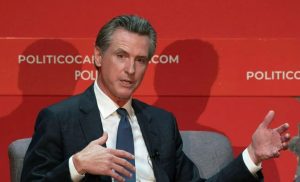The Little Girl Who Changed Everything with $4.73 and Pure Love
Sometimes the most powerful acts of love come in the smallest packages. This is the story of how one child’s sacrifice for her broken father sparked a miracle that would touch hundreds of lives—and prove that hope can be purchased with lunch money and determination.
The Day Everything Changed
The diner was nearly empty when she approached my table, a little girl who couldn’t have been more than eight years old, clutching a pink piggy bank against her chest like it contained the secrets to the universe. Her blonde hair was pulled back in a ponytail that had seen better days, and her clothes, while clean, showed the telltale signs of a family stretching every dollar.
She stopped beside my booth where I sat nursing my third cup of coffee, studying the rain-soaked parking lot through windows that hadn’t been properly cleaned in months. When she cleared her throat to get my attention, I looked down to see the kind of determined expression that usually belonged on the faces of much older people—the look of someone who’d made a decision that scared them but wouldn’t be talked out of.
“Mister,” she said, her voice barely above a whisper, “are you a real biker?”
I gestured to my leather vest hanging on the back of my chair, adorned with patches from four decades of riding and brotherhood. Through the window, my Harley Davidson Street Glide gleamed despite the overcast sky, chrome catching what little light filtered through the clouds.
“I suppose I am, sweetheart. Why do you ask?”
What happened next broke my heart and changed my life forever.
She upended her piggy bank onto the sticky formica table, coins scattering across the surface with the small music of childhood savings. Pennies, nickels, a few dimes, and two precious quarters rolled to a stop between my coffee cup and the untouched slice of apple pie I’d been ignoring.
“I have four dollars and seventy-three cents,” she announced with the gravity of someone discussing a fortune. “I want to hire you to teach my daddy how to ride motorcycles again.”
I looked past her to the parking lot, where a man in his mid-thirties sat motionless in a wheelchair, staring at my bike with an expression of longing so profound it was painful to witness. Even from a distance, I could see the prosthetic legs beneath his shorts, the military-precise posture that couldn’t quite hide the weight of invisible wounds.
“He cries every night since the accident took his legs,” she continued, her small hands carefully stacking the coins into neat piles. “But he used to race motorcycles before I was born, and I thought maybe…” Her voice trailed off as tears began to drip onto the table. “Maybe if he could ride again, he wouldn’t be so sad all the time.”
The Father Who’d Lost Everything
Through the rain-streaked window, I studied Marcus—though I didn’t know his name yet. He sat perfectly still in his wheelchair, apparently unaware that his daughter had slipped away to negotiate with a stranger for something he’d convinced himself was impossible. The way he looked at my motorcycle told a story of dreams deferred, of identity stripped away, of a man who’d once defined himself by speed and freedom now trapped in a world measured by ramps and accessibility.
“What’s your name, sweetheart?” I asked, gently pushing the money back toward her small hands.
“Emma Rodriguez. That’s my daddy, Marcus. He won’t talk about motorcycles anymore. Says that life is over for him.” She leaned in conspiratorially, lowering her voice. “But I caught him looking at motorcycle magazines at the grocery store last week. He touched the pictures like they were made of gold.”
What Emma couldn’t have known was that she’d approached exactly the right person at exactly the right moment. For the past fifteen years, I’d been running Morrison Custom Cycles, a shop that specialized in adaptive motorcycles for wounded veterans—men and women who’d served their country and returned with injuries that conventional wisdom said made riding impossible.
I stood up from the booth, leaving a twenty-dollar bill beside my untouched pie. “Keep your money, Emma. But I need you to do something for me.”
Her eyes went wide with hope that was almost too bright to look at directly. “Anything! I’ll do anything!”
“Go tell your father that Jack Morrison from Morrison Custom Cycles wants to talk to him about his racing days. Tell him I knew Tommy Valdez.”
The name hit like lightning. Tommy Valdez had been Marcus’s best friend and riding partner, killed in the same IED explosion that had taken Marcus’s legs two years earlier. I’d built Tommy’s memorial bike just six months ago, a labor of love commissioned by his widow Sarah as a way to honor her husband’s memory and support his surviving brothers.
Emma ran outside, her sneakers splashing through puddles as she raced to her father’s side. I watched through the window as she tugged on his sleeve, pointing back toward me with animated gestures. Marcus’s expression shifted from annoyance to shock to something that looked like fear—the kind of fear that comes from hope being offered to someone who’s learned not to trust it.
The Meeting That Started Everything
He wheeled himself inside slowly, Emma pushing from behind even though his electric chair didn’t need her help. Up close, Marcus looked older than his thirty-five years, worn down by pain both physical and emotional. But it was his eyes that told the real story—the hollow, giving-up look I’d seen in too many veterans who’d lost more than limbs in their service.
“You knew Tommy?” His voice was rough from disuse, the voice of someone who’d stopped believing in conversations worth having.
“Built his memorial bike last year. His wife Sarah commissioned it.” I pulled out my phone, scrolling to the photos I kept for moments like this. A beautiful Softail Deluxe painted in deep blue with Tommy’s unit insignia, his badge number, his name etched in chrome script across the tank.
Marcus’s fingers trembled as he reached for the phone, touching the screen with the same reverence Emma had described in the grocery store. “He always said he’d teach me to ride a cruiser after we got back home. I was strictly a sport bike guy, but Tommy loved his Harleys. Said there was something spiritual about the rumble.”
“Emma tells me you used to race.”
His jaw tightened, walls slamming back up. “That was before.”
“Before you lost your legs? Or before you lost hope?”
The question hung in the air like smoke. Marcus’s hands gripped his wheelchair arms so tightly his knuckles went white. “What the hell do you know about any of it?”
“I know you wake up at 3 AM thinking about the perfect line through turn nine at whatever track you used to love,” I said quietly. “I know you dream about the feeling of a bike responding to the slightest shift in weight, the way the world disappears when you’re leaned over in a curve. I know because I’ve built bikes for forty-three veterans who thought their riding days were over forever.”
The Videos That Changed Perspectives
I pulled out my work phone and began scrolling through videos I’d collected over the years—footage of riders who’d faced the same impossible choices Marcus was facing now. Each video told a story of adaptation, determination, and the kind of joy that comes from reclaiming something you thought was lost forever.
“This is Staff Sergeant James Williams,” I said, angling the screen toward Marcus while Emma climbed onto her father’s lap to see better. “Triple amputee from Afghanistan. Rides a custom trike with hand controls and a specialized seat. He completed the Run for the Wall memorial ride last year—2,400 miles over ten days.”
The video showed a powerfully built Black man in his forties maneuvering a gleaming three-wheeler through mountain curves, his face alive with pure joy despite—or perhaps because of—the challenges he’d overcome to be there.
“This is inspiring bullshit,” Marcus said, but his eyes never left the screen. “Feel-good propaganda that doesn’t change the reality of what’s possible.”
“Daddy!” Emma protested. “That’s a bad word!”
I swiped to another video. “Corporal Lisa Chen. Paralyzed from the waist down by a roadside bomb in Iraq. Rides a specially modified Can-Am Spyder with custom seating and stabilization systems. She just finished riding Route 66 from Chicago to Santa Monica—solo.”
The footage showed a petite Asian woman with an infectious smile, her modified motorcycle parked beside the famous Route 66 sign in Chicago. Despite her paralysis, she radiated confidence and freedom as she described her cross-country adventure.
“Stop,” Marcus said quietly, but his voice lacked conviction. “Please just stop.”
But Emma had grabbed the phone, scrolling through video after video with the fearless curiosity of childhood. “Daddy, look! They’re all riding! You could ride too!”
“With what money, Em?” The words exploded out of him with the force of months of suppressed frustration. “You think the VA covers custom motorcycles? You think disability payments stretch to cover dreams? You don’t understand, baby girl. That life is gone. It died in the sand with Tommy.”
The Sacrifice That Broke a Father’s Heart
Emma’s lip trembled, but she reached for her carefully stacked coins, pushing them toward me again with renewed determination. “Then I’ll save more money. I’ll save all my lunch money until I have enough. I’ll get a job. I’ll—”
“You’ve been skipping lunch?” Marcus’s voice went deadly quiet, the kind of silence that precedes storms. He looked at his daughter—really looked at her—for what seemed like the first time in months. I watched the moment he noticed how her clothes hung a little too loose, how her face had lost the round fullness of childhood, how her eyes held shadows that belonged on adult faces.
“I don’t need lunch,” Emma said with the stubborn defiance only eight-year-olds could muster. “Food just makes my stomach hurt anyway. You need your motorcycle more than I need sandwiches.”
Marcus broke. Right there in that dingy diner, this Marine who’d survived an IED blast, who’d endured dozens of surgeries, who’d learned to walk on prosthetic legs through sheer force of will—he shattered at the sight of his daughter’s lunch money and the sacrifice it represented.
“Oh, baby,” he whispered, pulling her against his chest as tears streamed down his face. “What have I done? What have I done to us?”
I let them have their moment, understanding that some pain needs to be acknowledged before healing can begin. When Marcus finally looked up at me through tear-filled eyes, I knew he was ready to hear what I’d really come here to tell him.
The Truth About Tommy’s Final Gift
“Marcus, I’m going to tell you something, and I need you to listen carefully,” I said, leaning forward to make sure he could see the sincerity in my expression. “Every adaptive motorcycle I’ve built for a wounded veteran has been provided at no cost. Every single one. Funded by donations, charity rides, and old bikers who remember what it’s like to need the wind in your face to feel alive.”
Marcus stared at me as if I were speaking a foreign language.
“Your bike—Tommy’s gift to his brother—has been sitting in my shop for eight months, fully customized and waiting for you to be ready to claim it.”
“What are you talking about?” Marcus’s voice was barely audible.
“Sarah Valdez didn’t just commission one memorial bike. She commissioned two. One to honor Tommy’s memory, and one for the brother who survived to carry on his legacy. That’s what she called you—Tommy’s brother, the one who needs to keep riding for both of them.”
I pulled out my business card, placing it carefully on the table beside Emma’s coins. “She paid in full, Marcus. Insurance, registration, training, everything. Said when you were ready, you’d find your way to it. Turns out she was right—you just needed an eight-year-old angel to show you the way.”
Emma was bouncing in her father’s lap now, her tears replaced by excitement that radiated like sunshine after a storm. “Daddy, please! Please say yes!”
The Challenge That Changed Everything
“It’s been three years,” Marcus said, but I could hear the walls beginning to crumble. “I don’t even remember how to balance, how to shift properly, how to—”
“Like hell you don’t,” I interrupted with gentle firmness. “You remember every gear change, every perfect apex, every moment of perfect harmony between rider and machine. It’s in your muscle memory, even the muscles you’ve lost. Your soul remembers, Marcus. It’s time to listen to what it’s trying to tell you.”
I stood up, dropping a twenty beside my cold coffee. “Shop’s open this Saturday. Ten AM. Bring Emma—I could use an assistant, and I pay twenty dollars a session for good help.”
Emma’s eyes went wide with wonder. “I could help Daddy learn and earn money?”
“If he’s brave enough to try.”
I started toward the door, then turned back one final time. “Marcus? That little girl just taught you the most important lesson about healing: sometimes love means sacrificing everything you have for someone else’s dream. Now it’s your turn to show her what happens when someone loves you enough to help you find your wings again.”
Saturday Morning Miracles
I honestly expected them not to show up. Saturday came gray and drizzly, the kind of weather that gives people excuses to stay home and avoid taking risks. But at exactly 10 AM, I heard the whir of an electric wheelchair on the shop’s concrete floor, followed by the excited chatter of an eight-year-old girl wearing a motorcycle helmet decorated with pink glitter stickers.
Morrison Custom Cycles was busy that morning—it always was on Saturdays. Veterans working on their bikes, learning new adaptations, sharing stories and techniques with newcomers who were still figuring out how to navigate the world with different abilities. The sound of engines and laughter filled the air like music.
Marcus froze in the doorway, overwhelmed by the scope of what he was seeing. Riders with every imaginable adaptation—hand controls, specialized seats, stabilizing systems, custom-built trikes. But the other veterans just nodded at him with understanding. They’d all frozen in that same doorway once, afraid to hope that riding was still possible.
“Dad, look!” Emma ran toward the back of the shop where I kept the completed adaptive motorcycles.
Marcus followed slowly, navigating between toolboxes and bike lifts with the careful precision of someone still learning to trust his equipment in unfamiliar spaces. When he rounded the last corner and saw his bike, he stopped breathing.
It was a Harley-Davidson Street Glide, painted in deep matte black with subtle Marine Corps insignia etched into the tank. The modifications were almost invisible unless you knew what to look for—the bike looked completely normal until you noticed the hand controls, the specialized seat designed for prosthetic compatibility, the deployable stabilizers that could provide extra support when needed.
“That’s really mine?” His voice carried the wonder of a child seeing their first bicycle.
“If you want it. Sarah handled everything—insurance, registration, training fees. All you have to do is learn how the adaptations work and remember what it feels like to be free.”
The Community That Carries Everyone
Marcus reached out with shaking hands, his fingers barely brushing the fuel tank before jerking back as if he’d been burned. But the moment his skin made contact with the bike, something fundamental shifted in his expression. Something that had been sleeping for three years suddenly woke up.
“It’s beautiful,” he breathed.
“Dad, sit on it!” Emma was practically vibrating with excitement.
“I can’t just—”
“Sure you can,” interrupted a familiar voice. Staff Sergeant Williams, the triple amputee from my video, rolled up in his own wheelchair. “First time’s always the hardest part. After that, you’re just remembering how to fly.”
What followed was the most beautiful transformation I’d ever witnessed in my shop. Veterans who’d never met Marcus before that day surrounded him, sharing their stories, demonstrating their techniques, offering encouragement without judgment or pity. They helped him onto the bike, adjusted the controls for his reach, showed him how the hand clutch operated differently from the foot controls he’d grown up with.
Emma stood beside me, tears of joy streaming down her face as she watched her father’s resurrection. The dead, hollow look that had haunted his eyes for three years was gone, replaced by something fierce and alive and utterly beautiful.
“He’s smiling,” she whispered in amazement. “He’s really, truly smiling.”
“Want to know a secret?” I asked her, and she nodded eagerly. “Your lunch money didn’t just pay for this moment—it made it possible. Not because of the four dollars and seventy-three cents, but because you loved him enough to sacrifice everything you had. That’s what woke him up. That’s what reminded him he had something worth fighting for.”
She hugged my leg so tightly I nearly lost my balance, her small body radiating pure joy.
The Journey Back to Life
Marcus spent six hours in the shop that first day. By the end of it, he was starting the engine, feeling the rumble beneath him, beginning to remember who he’d been before the explosion changed everything. The sound of the Harley’s engine seemed to chase away shadows that had lived in his eyes for too long.
Training sessions followed—two months of careful progression from parking lot circles to quiet side streets to actual road riding. Emma came to every single session, her official role as “assistant” mostly involving enthusiastic cheering and bringing homemade cookies to everyone in the shop. She took her twenty-dollar payments seriously, saving every penny in a new piggy bank labeled “Daddy’s Riding Fund.”
The day Marcus took his first solo ride—a ten-mile loop he used to run before his deployment—Emma and I waited at the shop like proud parents sending a child off to college. She wore the leather jacket I’d bought her, way too big but worn with pride that made her look older than her eight years.
When Marcus pulled back into the parking lot forty-five minutes later, he was crying again. But these tears were different—clean and free and full of possibility rather than loss.
“I felt him,” he told me through his tears. “Tommy. Riding right beside me, keeping that promise he made about teaching me to love cruisers. He was there, Jack. I swear he was there.”
The Ripple Effect of Love
Three months after that first ride, Marcus completed his first charity event—a 100-mile ride for wounded warriors that raised over $50,000 for adaptive equipment. Emma rode on the back of my bike beside him, waving at every person we passed like she was in a parade celebrating the return of hope to the world.
That was two years ago. The changes since then have been remarkable.
Marcus now works at Morrison Custom Cycles full-time, using his experience as both a veteran and an adaptive rider to help others navigate their own journeys back to the road. He’s personally assisted sixty-seven wounded veterans in getting back on motorcycles, and his success rate for long-term riding continuation is the highest in the industry.
Emma, now ten years old, still has her original $4.73. She had the coins professionally mounted in a frame that hangs in the shop’s main office, with a plaque reading: “The Best Investment Ever Made.” She continues working as my official assistant on Saturdays, and her college fund has grown considerably thanks to her dedication and the tips grateful veterans leave for her encouragement.
Every Saturday morning when a new veteran wheels through our doors, convinced their riding days are finished forever, Marcus tells them about his daughter who spent her lunch money on hope and proved that miracles can be purchased with pennies and pure love.
Then he shows them their bike—because I always keep several completed adaptive motorcycles in stock, funded by the ever-growing community of riders who understand that healing sometimes comes at sixty miles per hour with the wind washing away everything except the joy of being alive.
The Summer of Dreams Fulfilled
This summer, Marcus and Emma are planning their first cross-country ride together—father and daughter chasing sunrises they both thought they’d lost forever. The lunch money that started their journey is still in its frame on the office wall, but its value has multiplied beyond any calculation.
Emma asked me recently why I decided to help them that day in the diner. Why I didn’t just take her money and send her on her way like a reasonable adult might have done.
“Because forty years ago, I was your father,” I told her truthfully. “Broken, hopeless, convinced my life was over. And a little girl not much older than you—my own daughter—sold her bicycle to buy me motorcycle parts, believing I could rebuild myself if I could rebuild my bike.”
“Did it work?” she asked with the directness that made her such an effective assistant.
I gestured around the shop, at the dozens of veterans working on their adaptive bikes, at the wall of photos showing hundreds of riders who’d found their way back to the road, at her father patiently teaching a young corporal how to mount a motorcycle with one leg.
“You tell me, kiddo. You tell me.”
Emma smiled with the same radiant joy that had first convinced her father to hope again. “Yeah. It definitely worked.”
The Legacy of $4.73
Yes, it worked. One penny at a time, one sacrifice at a time, one moment of pure love at a time.
In a world that often measures value in dollars and cents, Emma Rodriguez proved that the most precious currency is still the willingness to give everything you have for someone you love. Her $4.73 in lunch money didn’t just buy her father a motorcycle—it purchased his resurrection, his identity, his future, and his ability to help dozens of other veterans find their own paths back to wholeness.
The coins in that frame represent more than childhood savings. They represent the moment when love became action, when sacrifice became healing, when one little girl’s refusal to accept her father’s despair changed not just two lives but an entire community of riders who understand that sometimes angels wear elementary school backpacks and pay for miracles with lunch money.
Marcus Rodriguez rides free now, carrying his daughter behind him and Tommy Valdez’s memory beside him. The road ahead is long and full of possibilities, paid for by the most valuable investment ever made: a child’s unwavering faith in her father’s capacity for joy.
Some stories remind us that the most powerful force in the world isn’t money or technology or political influence—it’s love willing to sacrifice everything for someone else’s dream. Emma Rodriguez understood this at eight years old. The rest of us are still learning.

Emily Johnson is a critically acclaimed essayist and novelist known for her thought-provoking works centered on feminism, women’s rights, and modern relationships. Born and raised in Portland, Oregon, Emily grew up with a deep love of books, often spending her afternoons at her local library. She went on to study literature and gender studies at UCLA, where she became deeply involved in activism and began publishing essays in campus journals. Her debut essay collection, Voices Unbound, struck a chord with readers nationwide for its fearless exploration of gender dynamics, identity, and the challenges faced by women in contemporary society. Emily later transitioned into fiction, writing novels that balance compelling storytelling with social commentary. Her protagonists are often strong, multidimensional women navigating love, ambition, and the struggles of everyday life, making her a favorite among readers who crave authentic, relatable narratives. Critics praise her ability to merge personal intimacy with universal themes. Off the page, Emily is an advocate for women in publishing, leading workshops that encourage young female writers to embrace their voices. She lives in Seattle with her partner and two rescue cats, where she continues to write, teach, and inspire a new generation of storytellers.
